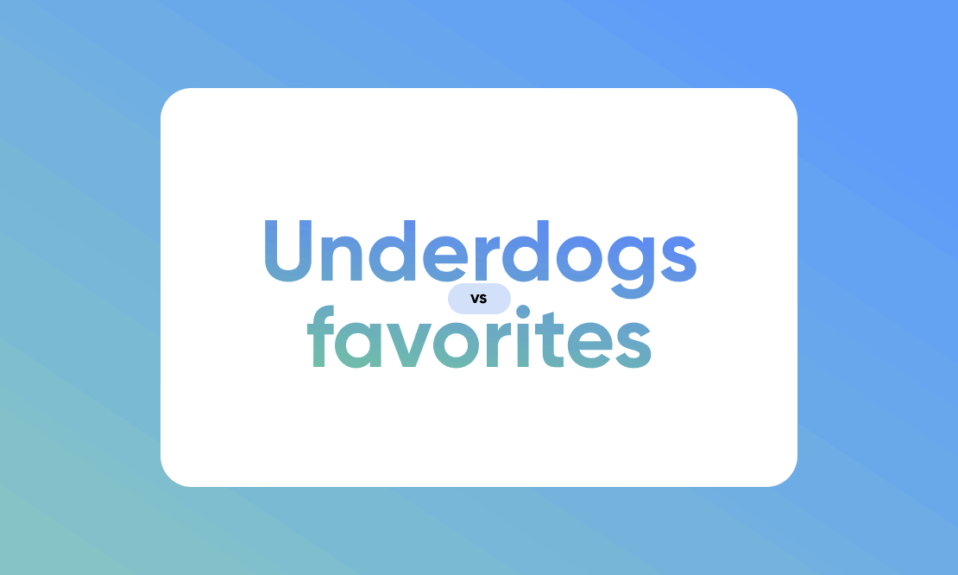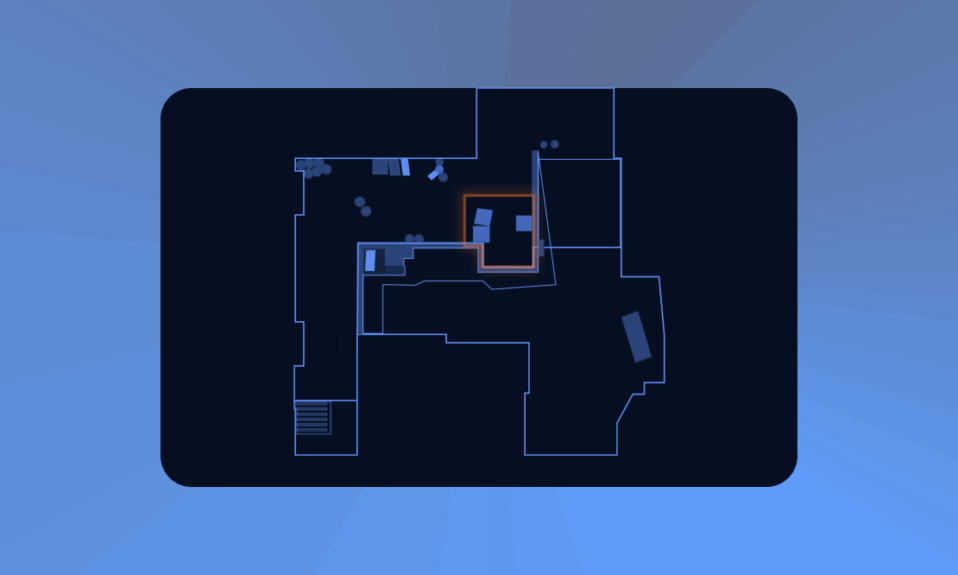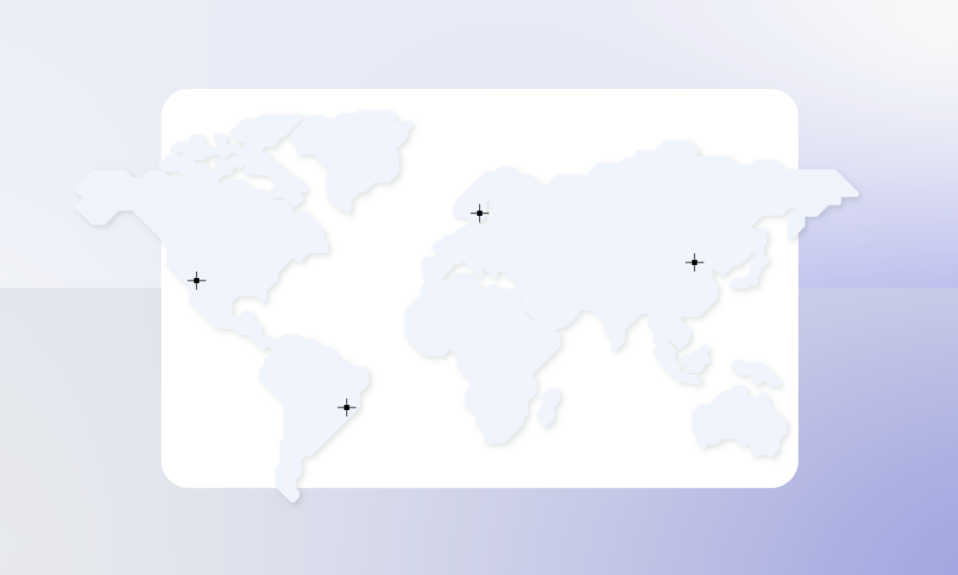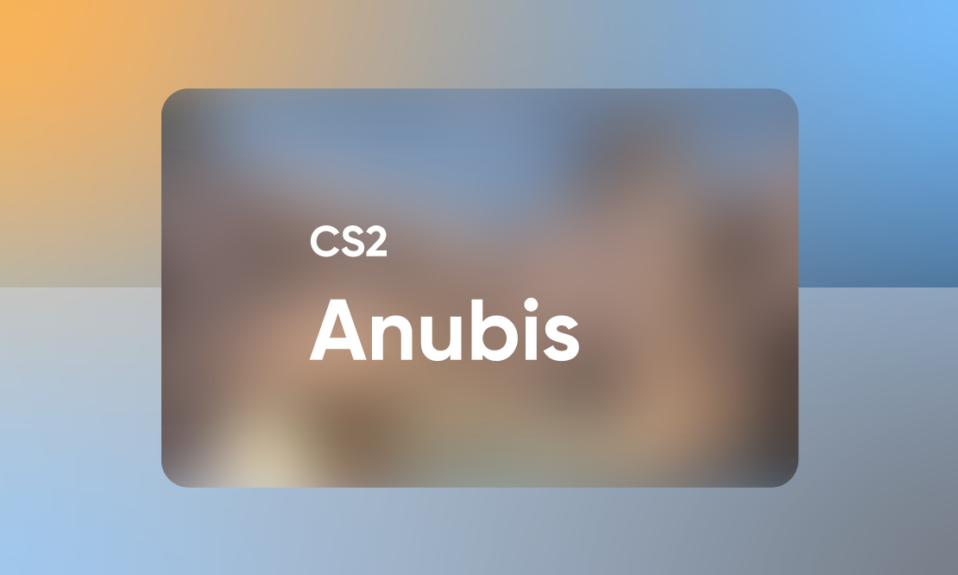
After more than a decade at Abios, Oskar Bonnevier Fröberg will leave the position as CEO to embark on new adventures. Before his departure, Oskar talks about the early days of esports, shares insights on entrepreneurship, and hints at what comes next.
What was the esports industry like back when you and Anton founded Abios?
OBF: In 2011-2012, the esports industry was in its nascence. The scene was fueled by grassroots communities, which means that the infrastructure, prize pools, sponsors, and broadcasts we have grown accustomed to today did not exist. The primary place where esports had picked up speed was in South Korea, where Starcraft II had become an unofficial national sport, but that was an outlier.
It all changed when Twitch was launched in late 2011. The broadcasting platform acted as a space where fans could watch matches and connect with the community, centralising the esports experience and bridging the gap between fans and professionals. As the platform grew in popularity, we quickly decided to look at potential opportunities in esports.
What sparked your initial interest in gaming, and when did you see its potential?
OBF: Throughout my childhood, my brother and I played lots of computer, video, and Game Boy games. This habit has stuck with me throughout the years, but it wasn’t until we were in university that we started figuring out business ideas around gaming.
At the time, one of the most popular games was Heroes of Newerth (HoN). I started watching professional matches on Twitch and quickly realised how entertaining it was. That’s when I understood it. Just like in traditional sports, people were willing to dedicate hours to watching the game and interacting with its content, which highlighted the potential of esports for me. It was a special feeling, and I knew it was going to be big.
At that point, I knew I wanted to do something within the industry, and that’s when I connected with Anton and our third co-founder at the time. We started discussing what worked in sports and what we could do in esports, and eventually, we arrived at Abios.
How did you convince investors about the potential of a data platform for esports?
OBF: The general public who weren’t gamers or actively watching on platforms like Twitch had never heard of esports. This meant that we had a bit of an uphill battle when raising money, as we didn’t only have to convince investors and VCs about our product but also about the potential of esports in general.
In some ways, that has changed, but in other ways, it hasn’t. I don’t believe your average Joe knows what esports is in any detail. It rather holds the same position as a niche sport. People know about its existence, that there is a professional scene, and that there’s an audience enjoying it. However, most people likely couldn’t mention the biggest teams or players, let alone the titles with the largest market share.
Do you think that operating in an industry that many people are passionate about has helped you acquire the right talent throughout your journey?
OBF: Absolutely. Nowadays we can recruit people because we work with interesting technology, have a leading market position and a good brand name. As part of Kambi, we are also in the fortunate position to be able to offer competitive salaries, job security and benefits to all employees.

For the first 5-6 years, that wasn’t the case. None of us, including Anton and myself, were on decent salaries, and we were all working way below our market values. It worked because everyone was younger and excited about being able to work with their hobby. It was also a very exciting time, as we got to see our company grow with the industry and got to shape part of how esports is consumed today. But none of that would have been possible without an industry and a company that people were so passionate about.
What is the most important thing you’ve learned when starting a business?
OBF: I have probably learned more than I know, yet what I’ve come to realise is that in order to create, grow and sustain a company, you need to surround yourself with great people. Early on, we were lucky to be able to hire very talented individuals, and we’ve put great emphasis throughout the years on retaining the best people and attracting new talent.
When you’ve hired the right people, it’s important to trust them to do their work, and in that way, they propel the company forward.
What tip would you give an entrepreneur today?
OBF: We wanted to have enough runway, both in terms of life situation and in regard to creating a lasting business model. When we started Abios, we were very young with few responsibilities, allowing us to largely bootstrap the company.
That might not be feasible for entrepreneurs embarking on their startup journeys later in life, as many might have families to feed and mortgages to pay off. In such situations, it can be sensible to take in capital early on, as it can provide the necessary security for the founders to continue on their journey.
It is important to create time for trial and error as well. We did a large pivot in 2016, reorienting our entire business model to B2B. It was an enormous testament to the fact that the product-market fit that works is rarely the one sketched out in the beginning.
What is the hardest part of being an entrepreneur?
OBF: In Sweden, in particular, many people dream of becoming entrepreneurs after seeing the successes of ventures such as Spotify, Skype, and Klarna. Being an entrepreneur definitely has its perks, but it is often less glamorous than people think. There’s high uncertainty, salaries are lower, and peers at normal jobs might consistently be doing better.
A dream of earning a lot of money and making an exit in 3 to 5 years’ time isn’t enough to power through all of these obstacles. The most important thing is to have true passion for a project. Otherwise, it is close to impossible to be motivated to put in the energy, focus, and hours to overcome the challenges that inevitably occur on the way. In such situations, most people are better off working regular jobs.
What have you learned from leading the company with Anton for such a long time?
OBF: Anton and I have similar work ethics, share ideas about how to balance work and personal life, and have built a strong foundation of trust. This has tied into how we have grown and built a successful business on the leadership level. The environment or culture you set for yourself at the very top will trickle down through the organisation, so a strong level of trust matters between the founders.
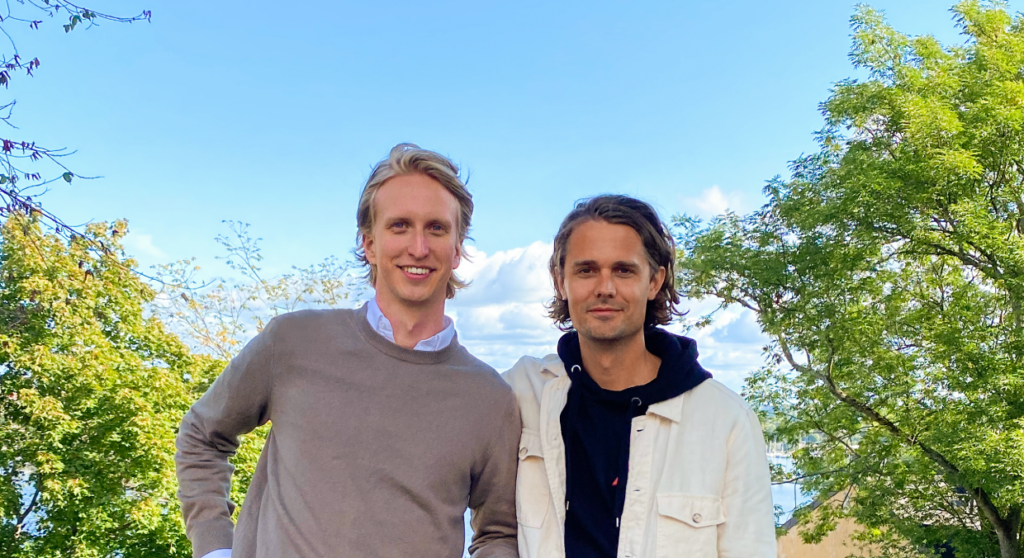
That doesn’t mean we haven’t had both positive and more challenging times. Originally, we were three founders. When one of us left, it created a dent in our friendship for a while, which ended up being a learning experience, even if we’re close friends again today.
How do you envision the future of Abios with Anton at the helm?
OBF: Abios is now an even more product-focused division at Kambi. As Anton has been in charge of Abios’ product portfolio for years, it is a very natural and seamless transition.
Moreover, we also have many exciting products in the pipeline. Abios is expanding its trading of esports on the Kambi platform, which is currently exceeding all of our expectations. I believe that it, along with other upcoming projects, puts Abios in a strong position to take on competition and propel esports betting to the next level.
And what will you do now?
OBF: I will still be with Abios supporting Anton or wherever needed until the end of August. After that, I have a few interesting options or projects in mind. Nothing is signed or official, but I’m excited about the future.

